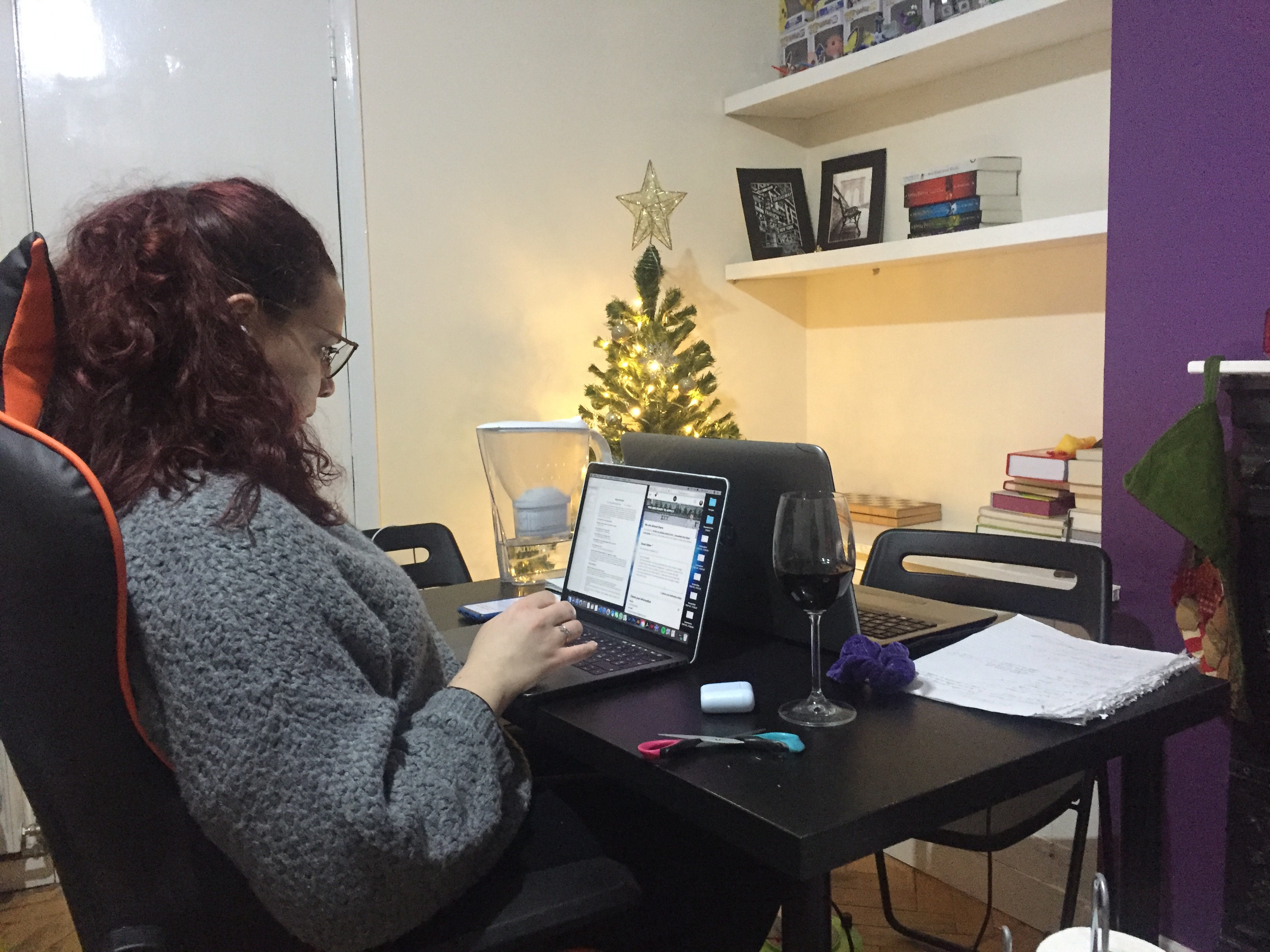Field Notes from Self Isolation
by Virginia Bertelli
15 February 2021
Originally published in our Old Blog.
Introduction:
Crafting an attentiveness to the unspoken rhythms and textures of life is sociology’s most important gift to understanding cities. It’s noticing those remarkable things that often go unremarked upon and finding ways to record and honour what would otherwise be lost. As cities have emptied during the pandemic and citizens remain confined to their homes that gift is all the more valuable.
This artful challenge of paying attention is not self-evident or automatic. It is a skill that needs to be honed and cultivated. In teaching students how to do social research I often set them listening tasks and attentiveness exercises. I ask them to document in writing what they have seen, heard and felt. It is through writing that a movement of imagination achieved that can bring those remarkable things to life in words. The best field notes are recognisable and vivid in a way that anticipates understanding.
It might seem that socially distanced sociology is a contradiction in terms. However, teaching during the lockdown has revealed how much can be still achieved at a distance. As part of the MSc in Social Research I asked this year’s students to write some fieldnotes about their experiences of the lockdown. Their writing was so good and the insight so sharp that we have decided to serialised them here on Street Signs. What they capture is the enduring social life of cities from the ways in which we talk and stay in touch via screens to the ballet of park life and the choreography of social distancing. I am sure you’ll enjoy them as much as I have.
— Les Back, Professor of Sociology, Director of Centre for Urban and Community Research, Goldsmiths, University of London.
23 November 2020 [18:02]
Blackheath, South East London
The weather app on my phone marks 10 degrees outside and the sky is dark. I am sitting on the sofa with the laptop on my legs, the I-phone on the armrest of the sofa and notebooks, pens, and highlighters all over me. I’ve got headphones in my ears. The window on the right is open and a breath of wind enters the room along with the noises of cars passing by Stratheden road. The drying rack is open with the clothes laid out yesterday in front of the TV.
In the room with me is Ilaria, an Italian friend of mine and colleague at work (we work as waitresses in an Italian restaurant in Cutty Sark), sitting at the table of the living room studying with her Mac computer. Every so often she sighs, because we are studying from 10 o’clock in the morning and she is tired. She exclaims in Italian language: “In che senso?” (“In which sense?) and I notice that she’s speaking with herself trying to understand what she’s reading and then dances her head to the rhythm of the music she’s listening to with her headphones. Suddenly she stops and keeps writing in her notebook, transcribing something from the laptop. Ilaria is a 26 year old girl with curly dyed red hair and today she’s wearing a white sweater, a pair of leggings and the hairy pink slippers that she now always keeps at my house for when she comes to see me. She nervously gestures against the computer and I laugh, so she turns to me and laughing in turn says:
“Sono una cogliona, non si fanno queste cose!” (“I’m an asshole, you don’t do these things!”).

That is because she did not study at all during the week and she only has one day to work on an entire project. Today is a hard day for both of us: we have just known that next week the restaurant will re-open and we are terrified thinking about how many people will come eating out after a month lockdown and with Christmas approaching. Also, we are part-time students, and it is very stressful to both work and study, even out of a pandemic.
Anyway, Ilaria decides to take a little break, but seeing that I am continuing to write she comes out of the room. Outside, a truck with flashing orange lights stops in the parking lot of The Royal Standard pub, currently closed for lockdown restrictions. Ilaria returns to the room after a few minutes and warns me that she is coming down to smoke (she knows it is not allowed to smoke in the house). I suddenly realize that until now I have written my jottings in Italian and I think about how is important to address any language issue: when writing full fieldnotes I will have to translate jottings from Italian to English and maybe I can miss something important.
Virginia Bertelli is 22 years old and an Italian student, graduated in Political, Social and International Science from University of Bologna. She is currently attending the MSc programme in Social Research at Goldsmiths, University of London.
Connect with Virginia on Linkedin, Facebook and Instagram.
︎ Image by Virginia Bertelli.

